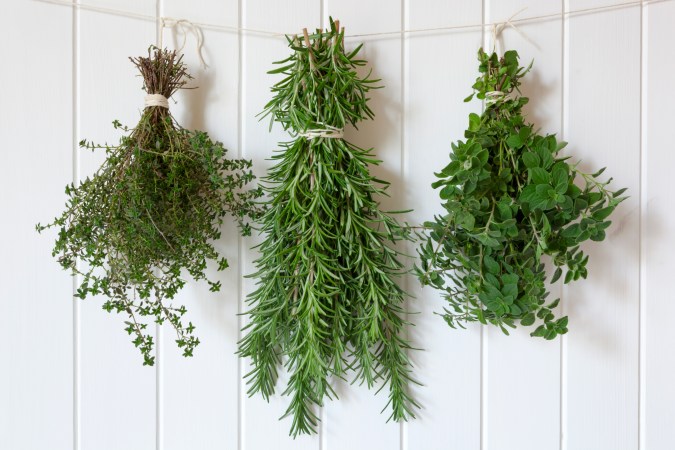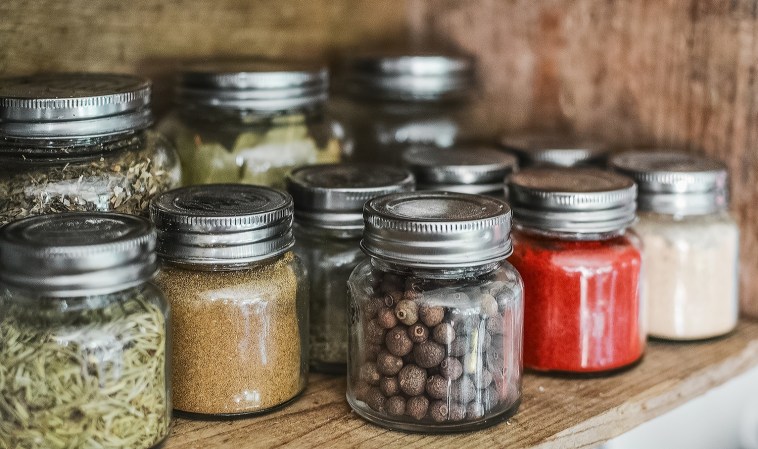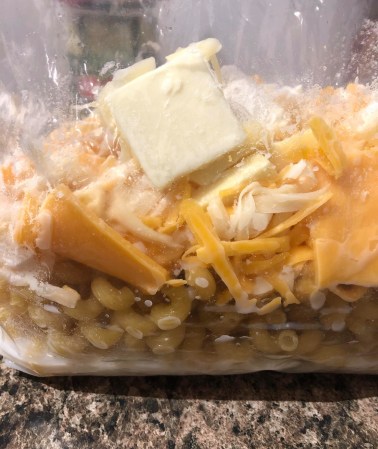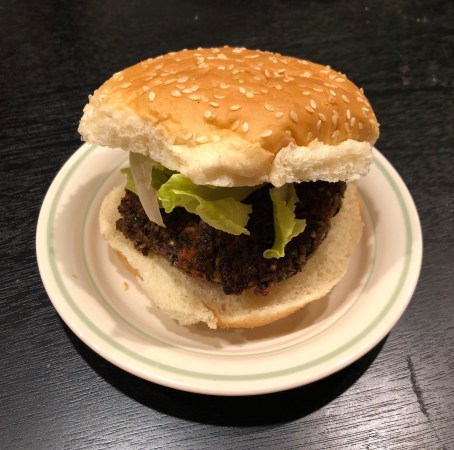

Even if you’re not a fan of cooking, you can’t escape it. Whether you’re scrolling through social media, flipping through channels on the television, or streaming your favorite shows, it’s difficult to go a day without seeing the step-by-step preparation of someone’s dinner. But if you’re afraid of getting your hands dirty in the kitchen, the closest a roast chicken has ever come to your dinner table has likely been your tablet.
That’s unfortunate, because home-cooked meals are often friendlier to both your diet and your pocketbook.
“Foods cooked outside the home tend to have more saturated fat, more sodium, more added sugars, and less fiber, and it costs more,” says Jessica Lehmann, a registered dietician and lecturer at Arizona State University.
Still, for anyone with an internalized complex about being a bad cook, it’s less about following a recipe than it is about finding the right headspace. Perhaps cooking seems overly complicated. Maybe you’re plagued with fears of food waste or even worse, mediocrity. With a few pointers anyone can conquer their fears and get into the kitchen.
Plan around what you’ve got
If you’re planning your meals ahead of time, take note of your perishables. Not only will you keep your fridge clean and reduce your chances of discovering wilted vegetables and moldy takeout containers weeks later, but you’ll also get the most mileage out of what you’ve purchased.
“Don’t start with, ‘What do I feel like eating?’” Lehmann says. “Start with what you have.”
Do this at least twice a week, preferably so you can go grocery shopping at the most optimal time for you—perhaps early in the morning when produce deliveries are freshest or late at night on a weekend when there’s more room to move about.
By using foods that are about to spoil, you’ll avoid waste and maximize your productivity in the kitchen.
Think about your diet
You know your diet best. Whether you’re a vegetarian or looking to lower your cholesterol levels, it’s important to be mindful of the types of meals that fit into that plan. Figure out your favorite proteins, flavors, and cuisines.
This is important because if you don’t want to eat the food you make, you’re essentially daring yourself to put off cooking for the night to order a pizza instead.
Before you go grocery shopping, but after you’ve taken stock of your perishables, write down the names of meals you’d like to make. Look up two recipes for each meal and identify the ingredients you don’t currently have. Considering more than one recipe will give you a good idea of how the dish is made. This will boost your confidence in preparing the meal and allow you to choose your favorite parts of each variation.
Put the ingredients you need on your grocery list. Once you find a meal that works for you, file it away. Soon, you’ll have a weeknight staple you can cook from memory with ease.
Be flexible
Don’t be afraid to repurpose food. Ground turkey for tacos, for example, can easily find its way into a lunchbox wrap or breakfast burrito the next day, Lehmann says.
“It doesn’t have to be anything that’s gourmet, and I think that’s what trips people up,” she says. “We want things to be complicated like what we see on the Food Network, but simple foods are what we need and it’s more realistic to aim for that.”
Lehmann says she is fond of onions, garlic, and other fresh vegetables because she’s comfortable using them and finds them to be versatile. She’s in the habit of making a side salad to accompany dinner for her three children every night, but the possibilities don’t end there: it’s easy to transform leftover bell peppers into a crudité or a dip, while onion and garlic fold well into virtually any dish.
Add your own twist
If the mental task of cooking is prohibitive or unexciting for you, try indulging your creativity in simple ways. Making a red pasta sauce from scratch is often tastier than jarred sauce, but it’s also more labor-intensive and leaves more dirty dishes. Find a happy medium: while you boil pasta, heat jarred tomato sauce in a pan on the stove, then add a bit of heavy cream and some dried basil. If you don’t have time to soak dry beans, buy them in cans and season them.
“Starting with premade products is a great way to do it. There’s no need to reinvent the wheel or remake a sauce,” Lehmann says. “I think about what I have and what I can put together and keep things interesting.”
Food is an essential part of life, and cooking should be joyful and creative. Oftentimes the toughest part about cooking for yourself or your family is building up enough confidence to branch out and attempt new things. There are plenty of ways to feed yourself that you likely haven’t even tried, and with a little experimentation you’ll find what’s best for you.















